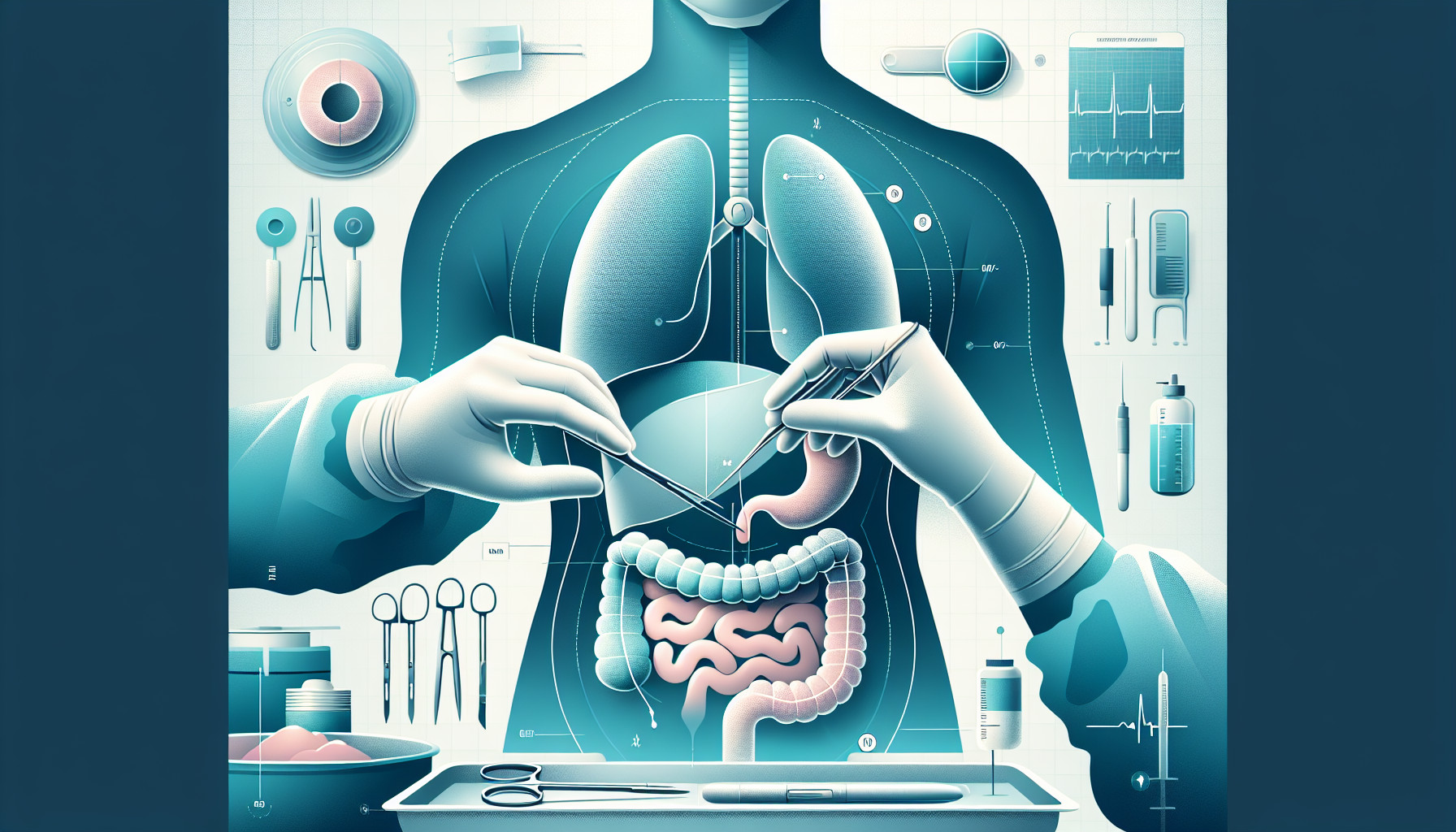Our Summary
The research paper looks at the connection between large hiatal hernias (a condition where part of your stomach pushes up through your diaphragm) and iron-deficiency anemia (a lack of red blood cells caused by too little iron). The researchers studied people who had surgery to fix large hiatal hernias from 2008 to 2019.
They found that out of 126 patients, about 28% had iron-deficiency anemia. Post-surgery, almost all of these patients saw their anemia get better. They also had fewer symptoms related to gastroesophageal reflux disease (a condition in which stomach acid frequently flows back into the tube connecting your mouth and stomach) three months after surgery.
In conclusion, the researchers found that anemia is common in patients with large hiatal hernias. They also found that iron-deficiency anemia often gets better after surgery to fix the hernia.
FAQs
- What is the connection between large hiatal hernias and iron-deficiency anemia?
- Does the surgery for large hiatal hernias help in the improvement of iron-deficiency anemia?
- Can surgery for hiatal hernias reduce symptoms of gastroesophageal reflux disease?
Doctor’s Tip
A helpful tip a doctor might tell a patient about hiatal hernia repair is to monitor their iron levels closely post-surgery, as iron-deficiency anemia is common in patients with large hiatal hernias and often improves after surgery. It is important to follow up with your healthcare provider regularly to ensure proper healing and management of any related conditions.
Suitable For
Patients who are recommended for hiatal hernia repair typically include those with large hiatal hernias, especially those who are experiencing symptoms such as iron-deficiency anemia and gastroesophageal reflux disease. These patients may benefit from surgery to fix the hernia and improve their symptoms and overall health.
Timeline
Before hiatal hernia repair:
- Patient may experience symptoms such as heartburn, chest pain, difficulty swallowing, and regurgitation of food
- Diagnosis of hiatal hernia through imaging tests such as endoscopy or barium swallow
- Treatment may include medications to reduce acid reflux and lifestyle changes such as avoiding certain foods and elevating the head of the bed
After hiatal hernia repair:
- Surgery is performed to repair the hernia, typically through minimally invasive techniques
- Post-surgery, patients may experience some discomfort and require pain medication
- Patients are advised to follow a special diet and avoid heavy lifting for a period of time
- Follow-up appointments with the surgeon to monitor recovery and address any concerns
- Improvement in symptoms such as reduced acid reflux, improved swallowing, and resolution of anemia
- Overall, patients can expect a better quality of life and reduced risk of complications related to their hiatal hernia
What to Ask Your Doctor
Some questions a patient should ask their doctor about hiatal hernia repair include:
- What are the risks and benefits of surgery to repair a hiatal hernia?
- How long is the recovery process after hiatal hernia repair surgery?
- Will my symptoms of gastroesophageal reflux disease improve after surgery?
- How likely is it that my iron-deficiency anemia will improve after surgery?
- Are there any dietary or lifestyle changes I should make before or after surgery to improve my recovery?
- How long will I need to follow up with you after surgery?
- What are the potential complications of hiatal hernia repair surgery?
- Will I need to take any medications after surgery to manage my symptoms or prevent future hernias?
- Are there any restrictions on physical activity or lifting after surgery?
- How soon can I expect to see improvements in my symptoms after hiatal hernia repair surgery?
Reference
Authors: Aili A, Maimaitiming M, Li Y, Maisiyiti A, Wang Z, Tusuntuoheti Y, Abudureyimu K. Journal: BMC Surg. 2023 Sep 26;23(1):293. doi: 10.1186/s12893-023-02184-3. PMID: 37752453
